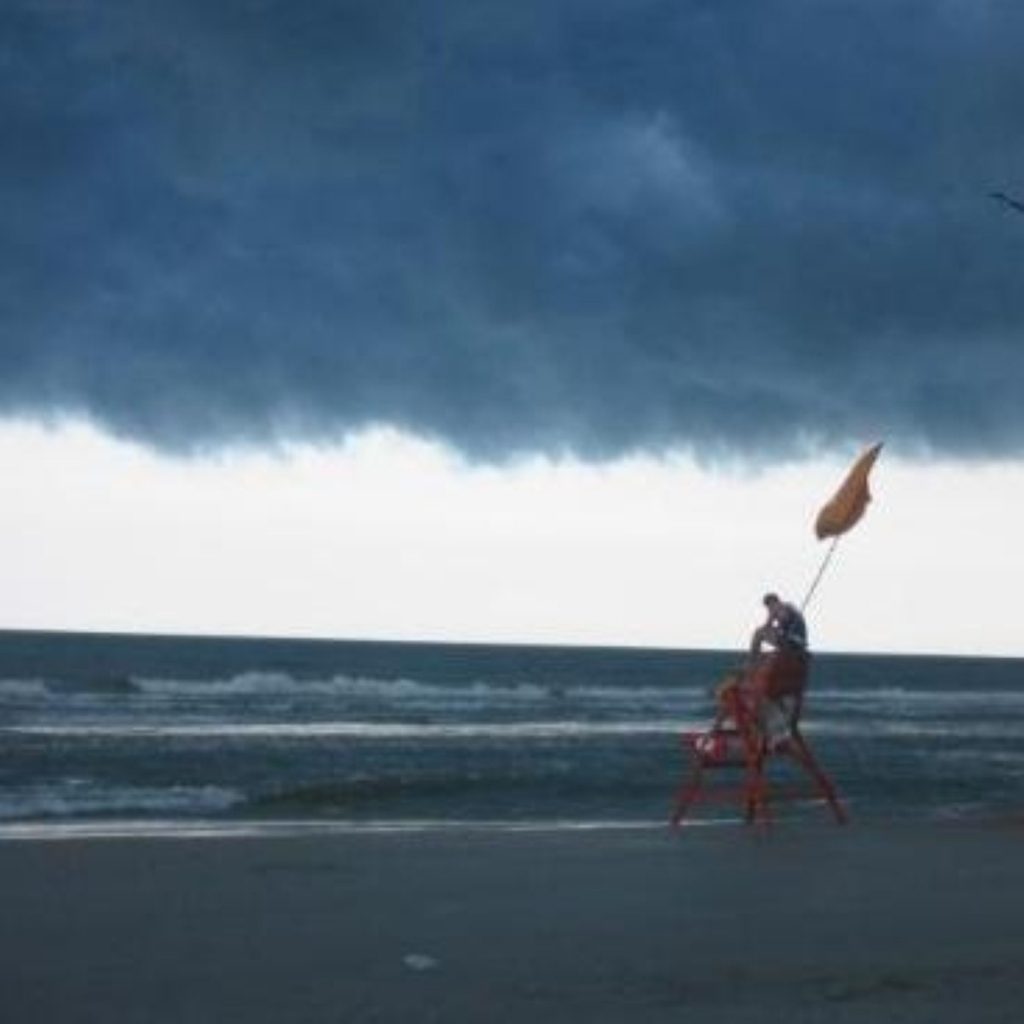Extreme weather will increase, warn environmentalists
Environmental pressure group Friends of the Earth (FoE) has warned that “extreme” weather in the UK will increase due to climate change.
Today the European Environment Agency (EEA) urged member states to develop adaptation strategies to global warming, noting that temperatures in Europe are rising faster than those across the globe.
FoE’s comments come after heavy rain caused flooding in the south west of England, where Boscastle in Cornwall was hit by flash floods, requiring the village to be evacuated by the emergency services.
74 millimetres of water, the average monthly rainfall for August, fell on the Cornish village in just two hours on Monday.


It warns that incidences of such extreme or unpredictable weather are likely to increase unless climate change is halted.
FoE’s executive director Tony Juniper, said: “These freak storms are unusual events, but there are real concerns that such events could become more frequent as we feel the effects of climate change.
“Globally, thousands of people have already died from the impacts of climate change and many more are at risk as deserts spread and water sources dry up. We must face up to the harsh reality of what we are doing to our planet and act now to reduce emissions of carbon dioxide.”
It is calling on the UK government to lead efforts to halt climate change.
Temperatures in the UK have risen by 0.5 degrees in the 20th Century with the warmest January to September period since records began being recorded in 2003.
The FoE suggests that if worldwide climate change continues the south east of England will be particularly vulnerable to flooding and developments in river valleys plagued by “increasingly common” flash floods.
The EEA’s report warns of “more frequent and more economically costly storms, floods, droughts and other extreme weather. Wetter conditions in northern Europe but drier weather in the south that could threaten agriculture in some areas. More frequent and more intense heatwaves, posing a lethal threat to the elderly and frail. Melting glaciers, with three-quarters of those in the Swiss Alps likely to disappear by 2050. Rising sea levels for centuries to come.”
Its executive director, Jacqueline McGlade, said: “This report pulls together a wealth of evidence that climate change is already happening and having widespread impacts, many of them with substantial economic costs, on people and ecosystems across Europe.”
She added: “Europe has to continue to lead worldwide efforts to reduce greenhouse gas emissions, but this report also underlines that strategies are needed, at European, regional, national and local level, to adapt to climate change. This is a phenomenon that will considerably affect our societies and environments for decades and centuries to come.”
The EEA calls for more diplomatic efforts to ensure that the Kyoto Protocol is ratified, noting that “almost two out of every three catastrophic events since 1980 have been directly attributable to floods, storms, droughts or heatwaves”.

